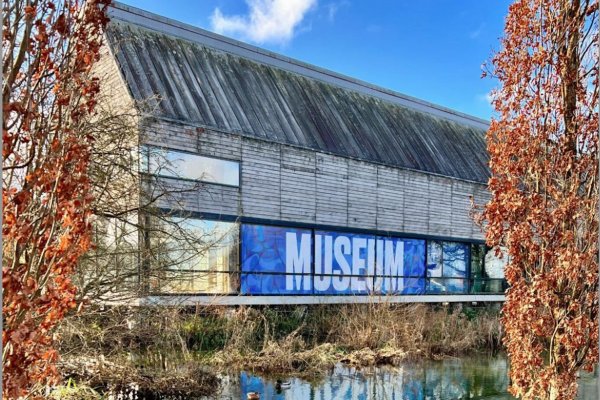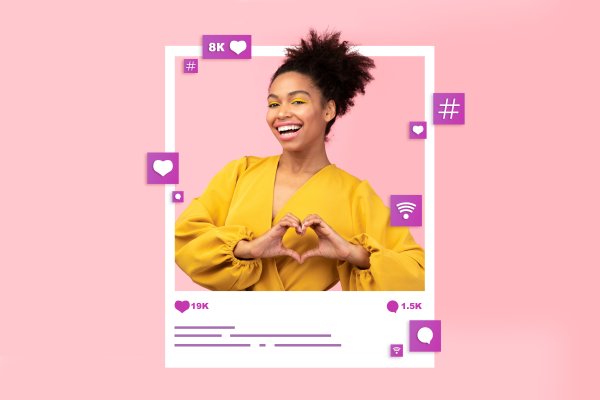
NUDGE OFF! LESSONS FOR THE TOURISM SECTOR
21 November 2019
“Only two rooms left? They don’t expect me to believe that do they? You see that everywhere.”
From repetitive scarcity (“Only two rooms left!”) and social proof (“16 other people viewed this room”), consumers are becoming increasingly wise to – and cynical about – the ‘nudge’ messaging used in the Travel and Tourism sector. One in two Britons (49 per cent) are likely to distrust the brand behind the messages and only one in six (16 per cent) believe their claims, according to recent research from Simon Shaw at Trinity McQueen published in Behavioural Scientist.
Grounded in behavioural science and microeconomics, the positive reinforcement and indirect suggestion techniques in ‘nudge theory’ have boomed in popularity with marketers since David Cameron’s ‘nudge unit’ hit headlines in 2010. But if today’s ever-savvy consumers are now tiring of this ‘helping hand’ that directs them to purchase, what’s next for marketers? We can’t put the ‘genie’ back in the bottle, so what is the balance for those in the tourism sector looking to influence customers?
Forge human relationships
One answer is to forge genuine and human relationships. As marketing guru Seth Godin advises: "People don’t want to follow a committee. They want to follow a person. The most important thing to do is to be a person, to make a product that someone should buy because they want to, not because you pushed it on them. To tell the truth. To be authentic. To be a human being and connect with people."
One travel and tourism brand leading the way in a people-focused approach is our client Hard Rock Cafe. The brand’s mantra ‘Love All, Serve All’ remains timeless, brought to life through the care taken by staff to ensure every single customer comes away with a positive experience. Staff awards underline a rigorous training approach, ranging Most Welcoming to Most-Detailed Orientated, Best Storytelling and Most Guest Compliments, to name a few of the awards presented to staff.
One of the benefits of this approach for Hard Rock is that its staff feel appreciated and part of the bigger Hard Rock story. This creates a distinct Hard Rock culture and employee turnover is low – a relative anomaly in the F&B sector. Long serving staff become ambassadors for the brand in the Cafe and across the industry. Hard Rock’s longest serving employee Rita Gilligan was a waitress in the first Hard Rock on Old Park Lane. Now she’s the brand’s cultural attaché appearing regularly across the press. Hard Rock’s ethos and approach provides a positive and highly memorable brand experience.
Make every experience count
While Hard Rock has global recognition on its side, remember you don’t have to reach a large audience to make an impact. If you have 1,000 true fans, that’s 1,000 people who are more likely to travel to get to you and who will tell their friends to join them. Build a human connection with every one of them and see if you can go the extra mile by offering added benefits where possible that demonstrate you’re entirely focused on the customer. For example, free child entertainment or a free taxi service from the airport.
Tower Bridge is a shining example, in the way that it overcomes the inclusivity problem currently faced by heritage destinations. Its autism-friendly early Saturday morning openings cater to inclusive family needs and sets the destination apart from competitors. This enables Kallaway to secure even more media cut through to engage the brand’s existing target audiences – and help it win new fans.
Be human with online reviews
Ensure the human connection doesn’t stop when the customer leaves your destination. Many hospitality businesses make the mistake of not actively collecting guest reviews on sites like TripAdvisor. A recent study revealed the impact reviews have on travellers’ decision-making.
- 83% of respondents indicated that reviews help them pick the right hotel
- 80% read at least 6 – 12 reviews prior to booking
- 53% won’t commit to a booking until they read reviews
And you can bet that from those 6-12 reviews, potential consumers will view the lowest rankings first to find out why. It’s in marketers’ best interest to prioritise responding to the negative reviews in a non-defensive way to get the issue resolved. But too many companies rely on ‘stock responses’ to customer issues from ‘Customer Care’ centre’s that appear devoid of genuine caring or a genuine desire to solve the problem. The Customer Care centre should actually be viewed as another Customer Sales department, where their mission should be to solve customers’ issues in such a manner that their trust in the brand restored – and they’re more likely to purchase again. This takes effective human interaction.
In our high-tech digital age, it’s easy to over rely on algorithms and nudge theory to influence customers. But, the more personal, connected customer experience will help future proof your brand’s marketing strategy – because great customer service never ages. No gimmicks, no prodding, just great human connections.






